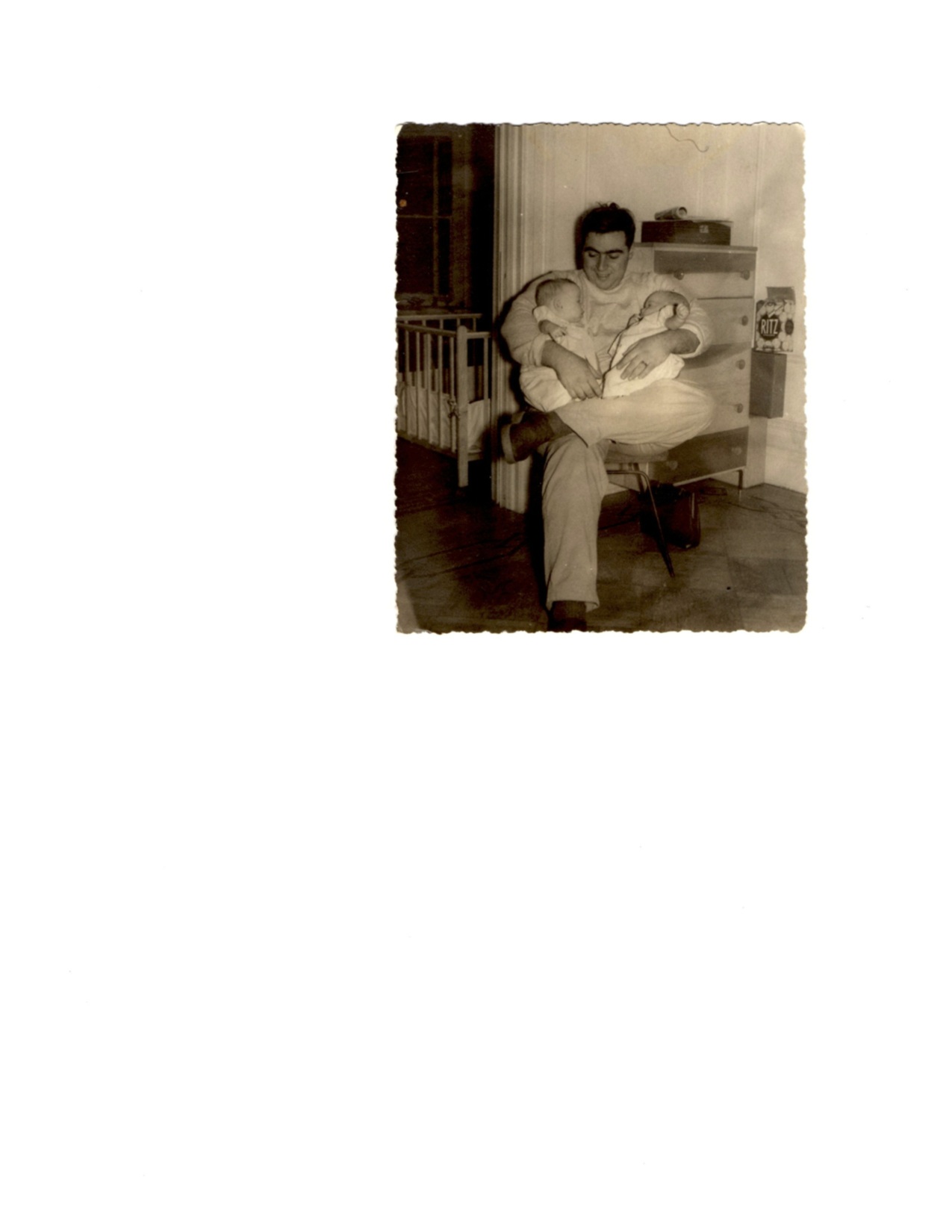How do we move forward from this giant regression, now that these tactics were resoundingly rejected by the American people?
First, I would suggest that we abandon the practice that led to the bizarre roller coaster of election rhetoric, whereby we went from discussing the "generic" (read: male) person, to spasms of extremism over the "special" case of female humans. After all, what candidate ever said: "I want to become president in order to address the pregnancy, breast-feeding and child care needs of Americans!" No, the generic person was someone for whom those tasks are carried out by someone away from the workplace, often on-call 24/7, and not worth mentioning (unless they were a candidate's wife). On the other hand, when women were discussed, particularly by the Republicans, the focus was not so much on women as citizens, but on women as a kind of natural resource that the rest of humanity can take for granted. The concern, then, was controlling this resource, rather than in meeting the needs of women. (The attempts to counter this by the Romney campaign -"I love you woman!;" the infamous "binders full of women" and the magnanimous allowance for women to be home by 5:00 to cook dinner - were pathetic.)
So, clearly, the right needs to learn a lesson from their failure, and practice talking about women as people, not as a resource of the community.
But I think liberals and feminists needs to learn a lesson, too. In the rush to assert the individuality of women, I think we also obscure the fact that women do, in fact, contribute to communities in unique ways. We do that through biological, reproductive functions (if we choose), and we also do that through care-giving of all kinds, community volunteerism, and the support of our children's schools. Of course, men do some of this work, too, but women still spend more hours on these tasks. This work gets penalized when it interferes with paid work opportunities. But it rarely comes up for rewards, when things like divorce settlements, social security payments, and other "entitlements" are considered.
So, perhaps in the 21st Century, future political debates can accept both that women are human beings that deserve sovereignty over our own bodies, and also are unique contributors to economies, communities, and families. The implications could be far-reaching. It could spur debate on the structure of the workplace, so that all workers - men and women - can balance work and family. It could create more generous maternity and paternity leave policies that support child care. It could also create programs to support elder care, either through leave allowances, flexible schedules, or even work site elder programs. And it can lead to tax and entitlement policies that view government support as earned rewards, rather than as the undeserved spoils of the "takers." In this sense, the war on women was not a distraction from "regular" policy discussions, but was at the heart of what was missing in those discussions. Forward, indeed.






